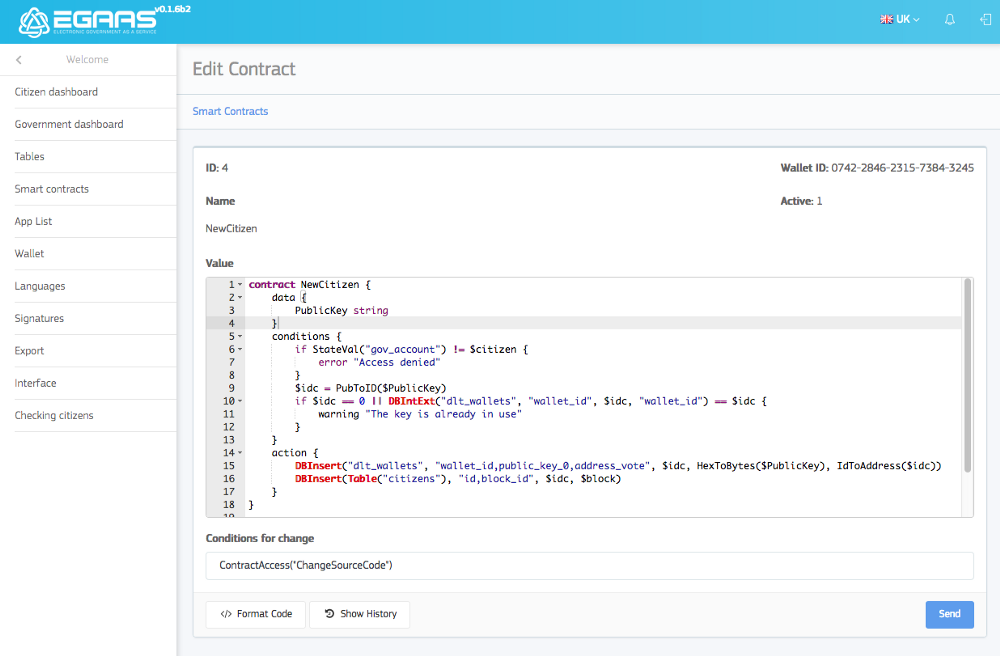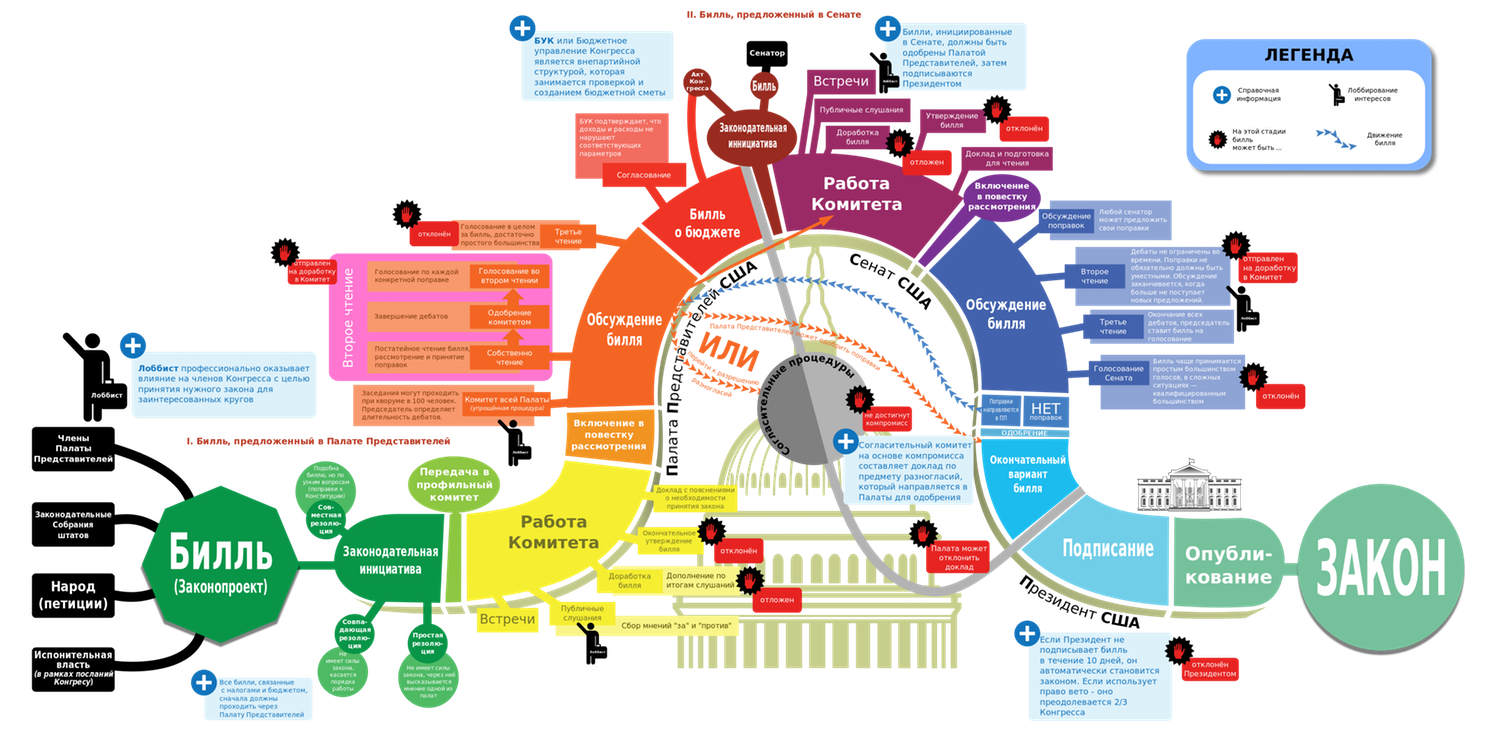Who will be deprived of work by the blockchain and what will it lead

Many of us almost every day use online stores, Internet banking, sites such as LinkedIn, Airbnb, LendingClub, Alibaba, sometimes we use e-government and other services whose task is to meet our needs and make life easier. However, let's try to ask ourselves the question, do all these platforms work in the best way?
To begin with, in the most general form, we describe the structure and principle of operation of modern Internet services.
Online stores
An online store is essentially a set of tables containing a list of products with their characteristics, and a program code that, on the one hand, allows us to fill in the tables, and on the other, to search and show us their contents. Well, another plus payment acceptance system, warehouse and delivery service.

There are hundreds of thousands of online stores in the world. But the meaning of their existence is one - to be an intermediary between the manufacturer and the buyer, earning a commission. And it is clear that, on the one hand, not a single online store sells all the goods produced in the world, and on the other, the same product can be found on the pages of thousands of stores.
')
We fully understand the need for a variety of manufacturers - competition, regional markets, etc. But why do we need so many chain stores? It seems obvious that also to maintain competition among intermediaries. But the goal of any competition is to reduce transaction costs, and any mediator only multiplies them. And besides, let's turn to the original formulation of the problem. Ask what the manufacturer needs? Report on the availability of your product and preferably once and immediately to the maximum number of consumers, that is, all. And what do buyers need? As quickly as possible and conveniently among the entire set of goods produced in the world to find exactly what he needs.
The solution that is able to satisfy the requests of both producers and buyers is obvious: you need to have one database for all products . And in order to eliminate the abuse of a possible intermediary, this database should not belong to anyone, it should not have an owner and a single central server.

The manufacturer from anywhere in the world will add there his product, and the buyer will immediately be able to find it. The demand analysis system will prompt the manufacturer in what quantity and to which regional warehouses to distribute their products.
What will the buyer get?
- a huge selection of products from around the world;
- reduction in the price of goods due to the elimination of intermediaries
And if tables with customer data will be added to the table with goods in this single database, then you can add to the pluses:
- convenience of payment;
- ease of delivery (the address will already be in the database).
Responses to the naturally occurring “but” about security , data integrity, possible conflicts between unscrupulous manufacturers and buyers will be given below.
Banks, VISA, PayPal, etc.
Now on the turn of the banks and other intermediaries like Visa or PayPal.
There everything is arranged even easier than in online stores: one key sign with the amounts in the accounts.
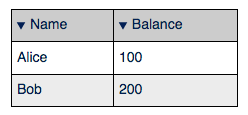
Customers spend hundreds of billions of dollars each year to reduce the value in one cell and increase it in another cell by some amount:
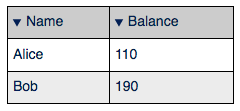
Again, there are thousands and thousands of such plates (by the number of banks), and traditionally we have our records not in one of them, but in several at once. So why not also collect them into one global database, which does not belong to anyone, in which we already have tables with manufacturers and customers?
And again legitimate questions come up: who will solve the problems of clients from whom they stole money from the account or who by mistake paid something not there or not? Where will the servers be located on which these tables will be stored? After all, anyone who can access them will gain power over the entire financial system of the world. Let us add these questions to the former “but”, and we ourselves move on.
It is clear that the fate of shops and banks should be shared by services like Linkedin, designed to represent professional competencies and job search. Why do we have a lot of databases with tables of users and companies, if we already have one?

It is necessary only to add tables with resumes and vacancies to our nobody-owned global database. And then the job search service will cover not 100 million LinkedIn users, who make up only 3% of the working population of the planet, but everyone. Once posted a resume will be immediately visible to all employers.
Airbnb
Another typical broker is Airbnb. Only for the fact that it maintains a database with tables of real estate objects, landlords and tenants and software for searching for the necessary objects, we pay about 15% from each transaction (6-12% commission from guests + 3% from owners).

And again, there are a huge number of such services in the network, plus classic real estate agencies, whose commission on renting housing is sometimes 100%. If we add a single register of real estate to our global database, then the released intermediaries will be able to do something more interesting and useful.
Blockchain
So, let's sum up the intermediate result: a natural solution that eliminates a lot of intermediaries and endless duplication of information in the network and at the same time increases the reliability of data could be the creation of a single global database owned by nobody (customers, landlords, professionals, owners of companies), registry of accounts, real estate, organizations, resumes, vacancies, etc. However, this decision itself gave rise to many questions that we will now try to answer.
The first question is “how?”. How can something even work if it does not belong to anyone? How is it possible to ensure the safety and reliability of such a large amount of data? How to protect data from falsification?
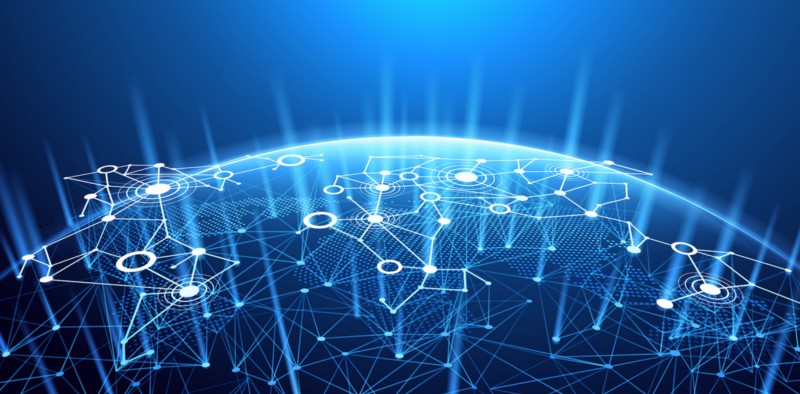
And the answer to these “how?” Is known, and it consists of one word: “blockchain”. The same blockchain, which since 2009 ensures the reliable operation of a network payment system called Bitcoin. Blockchain is exactly the technology that ensures the safety, reliability, protection from changes in any amount of data and, most importantly, initially implies the absence of centralized management, does not require the owner. A network of peers, storing the entire array of data on each node and a special cryptographic protocol is the answer to all “how?”.
Smart contracts
The second question is “who?”. Who will be responsible for the registration of persons, organizations, real estate? Who will resolve conflicts? Who will provide security? After all, registries do not belong to anyone.
Processes that at this stage of technology development are not amenable to automation will be controlled by people. People can unite on any principle, for example, territorial. The main thing here is not the rules of the organization, but reliable control over the observance of these rules. And here again the blockchain, or rather, the technology of smart contracts and smart laws implemented on it comes to the rescue. What is it? And this, in fact - more precisely, in terms of content - is the same contracts and laws as paper ones, but only recorded in the program code and stored in the blockchain.
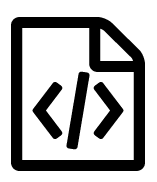
Contracts implement all necessary operations with registry objects, and laws control what is allowed and what is forbidden to do to contracts. Yes, even watching who has and who has no right to make changes to the contracts and the laws themselves. If it is already registered in one smart law that it is possible to change another smart law only if there are half of electronic signatures from persons registered in a special register “parliament” - that means, so be it. And you can not get around this. Unless through the constitutional court if that has been created and allocated with the corresponding rights. Since the blockchain. If it is prescribed that the register of parliamentarians can only be accessed if such a number of members of the community voted for you with their electronic keys (say, from mobile phones), otherwise it will not work. After the blockchain.
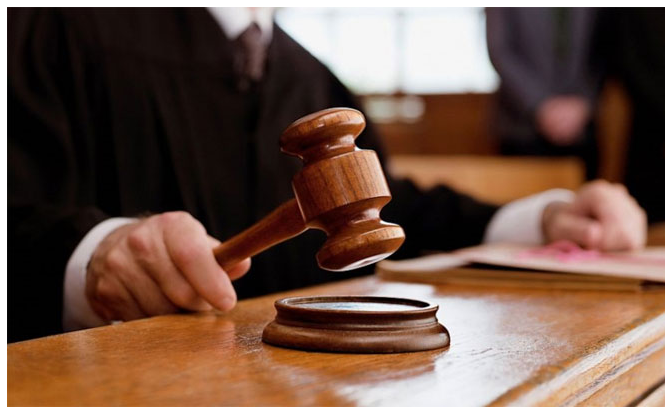
Now the smart contracts of the Ethereum blockchain platform are the most famous. With reliability, certainty there is more or less normal. But with the control problem. There is no one responsible for anything. Only developers in the event of a dispute can intervene and make a hard fork, in fact, break the system in order to return the funds to those whom they considered deceived. Anyway, so far without people can not do. So, it is necessary to initially build a system in which the control forms and options for resolving disputable situations and, most importantly, the procedures for filling registries with reliable data will be prescribed.
So, let us again summarize another result: the work of our global database is unthinkable without some human organization, and also without control over the actions of individual members of this organization by means of the blockchain - using smart laws and smart contracts. And let these human associations with their laws and means of control over the observance of these laws call states . And their members are citizens .
Rights and contracts
But now you can and some technical details - let's look at how this global database can look from the inside. How, for example, is the register of citizens arranged?
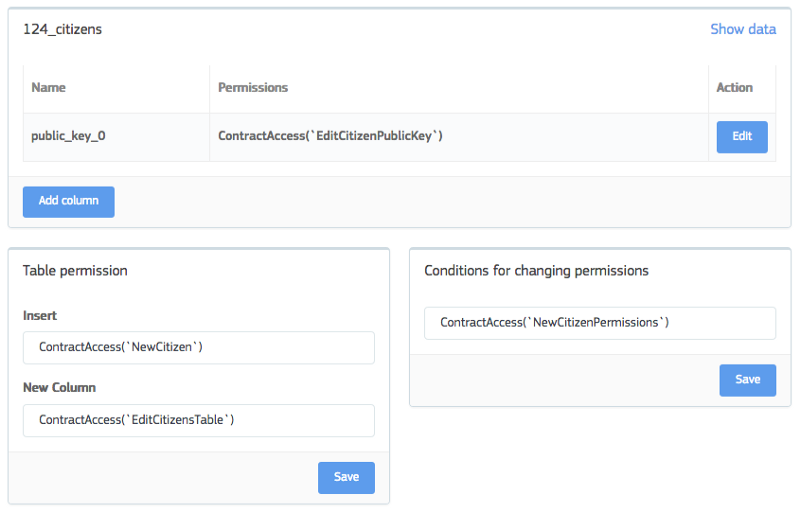
The picture above shows the name of the table “124_citizens”, where 124 is the identification number of the state to which the registry belongs, that is, it is assumed that there can be many states. Although, of course, it is possible that someone decides to create a single non-state register of citizens. This is not prohibited in the global database, but most likely it is not feasible due to the impossibility in our time to create such a large-scale association of people. Therefore, we will consider the option of dividing registers by state. It should be understood that separation does not mean a ban on reading data, everyone will be able to read. It's a blockchain. But to record, enter data - only those who have rights to it , as prescribed in the smart laws.
In our example (in the picture), rights are determined by writing ContractAccess (NewCitizen), which reads like this: it is allowed to enter data into the registry only for the NewCitizen contract.
Here is the source code for this contract:
The NewCitizen contract, which adds a new citizen, can be changed only through the ChangeSourceCode contract. The latter performs simple operations: it takes the text of a modified contract from the NewSourceCode table and updates the text of the NewCitizen contract. In the ChangeSourceCode table, the texts with the amendments can appear only if the signature of the majority of citizens listed in the ParlamentList registry is present. The procedure can be represented as a scheme:
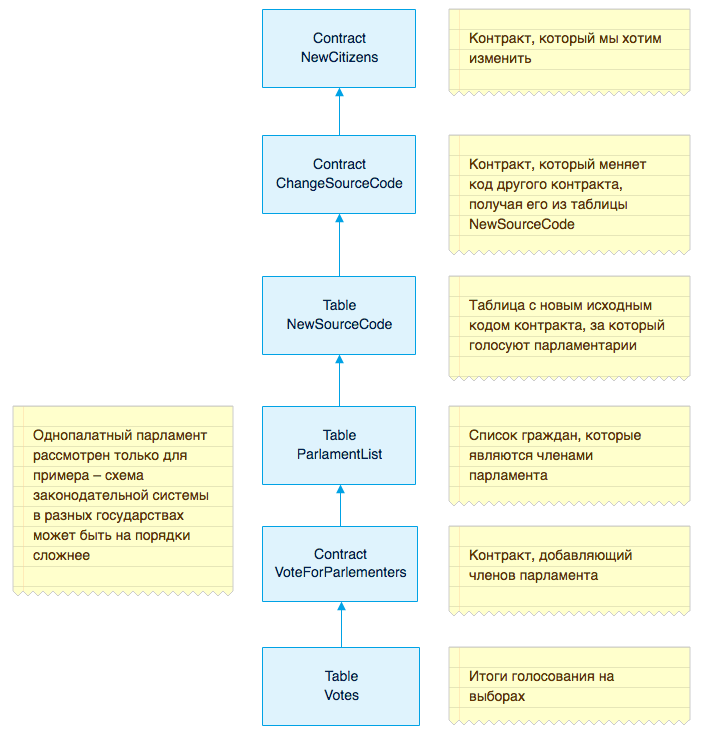
Similarly, there is a change in data in other registries: there are some authorities that have the rights to make changes to registries and contracts. In general, the management and control system for registries and contracts can have any structure. Even this:
To resolve conflicts in the "global store" also requires a special body, rather an interstate, naturally acting within the framework of strictly prescribed contracts.
Yes, it seems that they have not yet received an answer to the question “ where will this single database be located ?”. Initially, the answer to it is unambiguous: since this is a blockchain, then full versions of the registers should be stored on each of the many equal nodes. And since the volume of the single database will be such that the placement of its copies and processing of incoming transactions will require powerful data centers, it is natural to assume that the nodes of such a network should be associated with the states. If necessary, I can explain this statement in detail in one of the following articles.
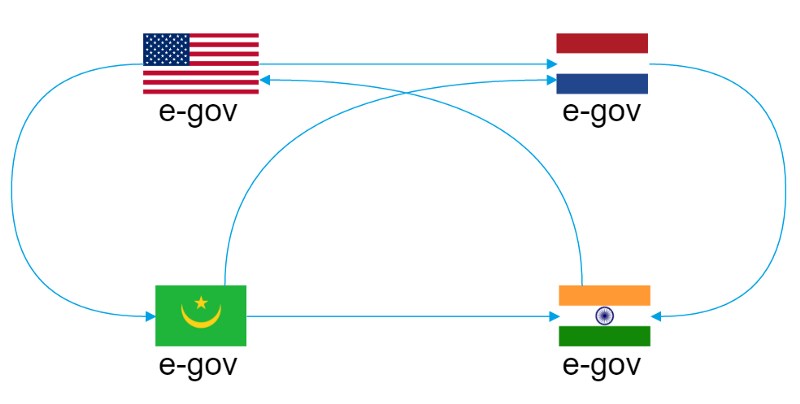
And the state nodes will sign blocks with transactions (this is blockchain terminology) in turn. This can be seen as an additional guarantee of equality of states and ensuring their sovereignty .

Analytical data
One of the most obvious and valuable bonuses that governments and businesses will get from switching to a single database is accessibility for analyzing a vast array of reliable data in real time. And this is a study of the effectiveness of medical procedures and drugs, depending on local factors, and planning for the construction of infrastructure, and accurate marketing predictions, and much more.
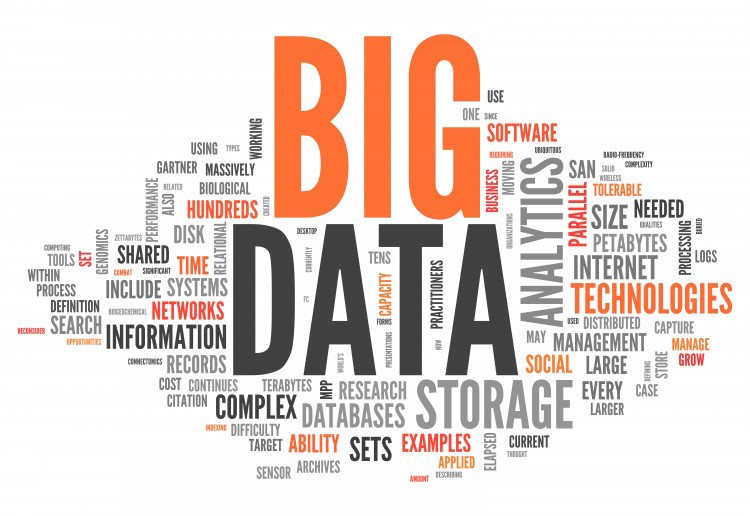
The scheme described in this article can function in parallel with the existing political system. But it will work fully only if it is accepted by the existing states. Only they at the moment have real opportunities and power to organize the procedure for filling registers with reliable information. And of course, it is they who first of all will feel the effect of the introduction of a single blockchain platform in the form of saving trillions of dollars from eliminating documents and numerous control bodies, from significantly reducing corruption, suppressing the shadow economy and crime.
To be continued
In the following articles on a single blockchain platform, you can learn about:
API and smart contracts
There is a misconception that platforms or different databases can interact with each other through APIs and smart contracts. We will tell you what this may lead to.
Currency unions and international organizations
How to create contracts and registries outside the state?
Protecting states against intentional or accidental attacks
How to cope with attacks on the state by another state, its own citizens or anonymous?
Protection against invoking contracts within contracts
How to protect a citizen from transferring funds without his knowledge?
Constitutional / Supreme Court
Any contract, any registry can be changed according to a predetermined procedure by persons who have these powers in accordance with the smart constitution of this state.
Anonymous property ownership
How to realize the hidden ownership of real estate with public registries? Of course, hidden from other citizens, but not from government bodies. In fact, as now.
Anonymous vote
How to hide the choice of a particular citizen, but at the same time guarantee the accuracy of the elections.
Anonymous account ownership
A system where one account is one citizen is very beautiful, but many will want as few people as possible to know about their financial condition.
Interface
Specifically or by accidental mistake, the state body can show the citizens a different interface, for example, the wrong question in a referendum, and it turns out that citizens voted for a one-hundred-fold increase in the salaries of officials. This problem is solved by saving the interface pages, as well as contracts, in the blockchain.
Conclusion
Technically, software creation of a single blockchain platform, or, more correctly, a blockchain protocol, is possible already today - all the necessary technologies have already been developed and run-in. Things are easy - government decision is required. And an understanding of this led to the birth of a new political movement under the general name “blockchain-international”. It includes parties that have set themselves the goal of convincing the citizens of their countries, and most importantly, governments, that the only way to overcome problems that, like a snowball, has been rolling on the global economic and political systems in recent years, is the optimization of all processes, where whole armies of middlemen are employed, which retard economic growth. The immediate entry into force of smart laws will make it possible to carry out reforms in the blink of an eye; company registration, hiring employees from all over the world, renting offices in a few clicks will speed up the emergence of new businesses and, as a result, jobs; access to analytical information from around the world will allow you to predict the demand for any product or service with an accuracy of several meters. And this is only a small part of the positive effects that we will observe.
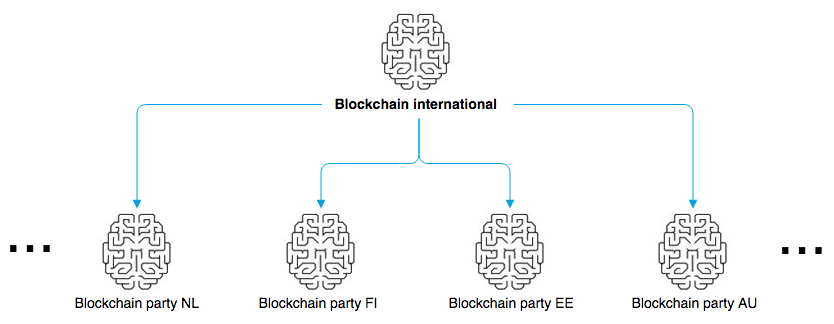
Of course, there are many organizational and even psychological, ethical problems associated with the transition to a single global information space. But as the experience of technological evolution of mankind shows, these problems were never an obstacle, but served only as an additional stimulus for a new breakthrough.
Source: https://habr.com/ru/post/402133/
All Articles
